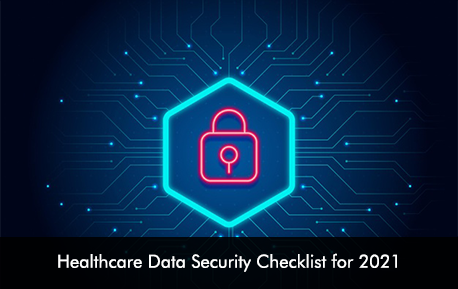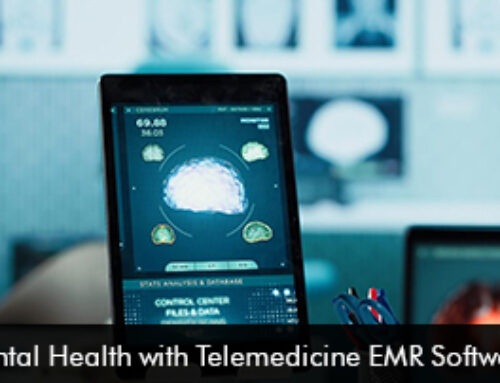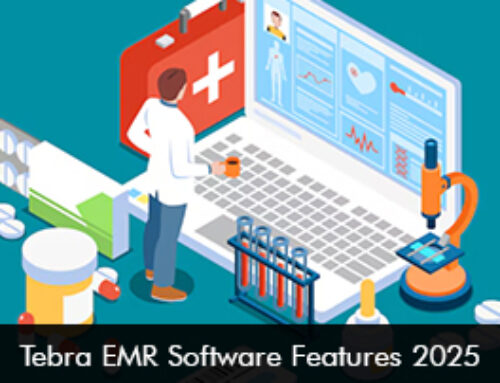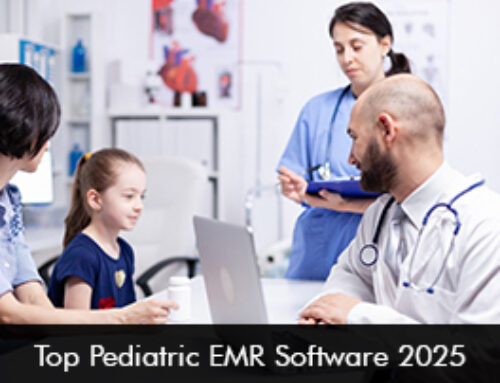Cybersecurity is one of the main concerns of healthcare organizations and hospitals as more and more physicians are using digital technologies and solutions to reach out to patients. COVID-19 has pushed members and doctors to work from home which has different data security requirements and protocols to follow to ensure that patient data is safe from cyber-attacks and ransomware attacks.
To enhance the overall security culture in the healthcare sector hospitals need to rely on strict and encrypted security solutions to safeguard confidential data shared during telemedicine sessions and while doctors are logging from their home computers.
Data Security Checklist for 2021
- Use multifactor authentication on several accounts such as email accounts and banking accounts as they are vulnerable to cyber-attacks.
- Closely monitor access to sensitive data, you need to limit the number of users accessing a certain type of data to ensure that the right user has access to it.
- All mobile devices and computers should have automatic updates.
- Use firewalls as they act as a powerful barrier between your data and cybercrimes. Healthcare organizations can install internal firewalls to up security.
- Health IT members should ensure that every computer, laptop, and mobile device should have anti-virus software installed.
- There should be electronic hourly backups for all data as a disaster recovery plan or a strategy.
- Increase cybersecurity knowledge in remote workers and other stakeholders involved through documenting your cyber-security policies and protocols. You can also train your staff members to keep them posted about new security protocols in your country and around the world.
Security Challenges for Remote Workers in 2021
COVID-19 pandemic has encouraged the remote working environment to limit exposure and spread of the virus. However, when employees work from home several security challenges need to be addressed.
- When an employee is working from home and receives a doubtful email or a text message they can’t ask other peers if they received the same message and can’t quickly report it to the IT staff members at the healthcare organization.
- Clinics, hospitals, and offices follow high-security protocols and the best security practices. At home, this might be a challenge because of passwords that are vulnerable to attack.
- Multi-factor authentication becomes even more critical when employees are working remotely.
What can be done?
Employees working from home can be trained to emphasize more on the importance of data security and can be given a security protocol checklist that they can easily follow from home. They should be discouraged to open any suspicious messages and always log-out from their computers. Healthcare organizations are advised to keep their software up-to-date for the highest security. Practices must always choose software vendors that offer a HIPAA compliant platform for Meaningful use to ensure data confidentiality of all data that will be exchanged. Risk assessments should also be conducted annually to see the level of risk and then the risk can be tracked and cyber-crimes can be avoided.
Through a robust and pro-active security protocol, approach healthcare organizations can reduce the number of cyber-crimes and achieve the best security practices in 2021.







